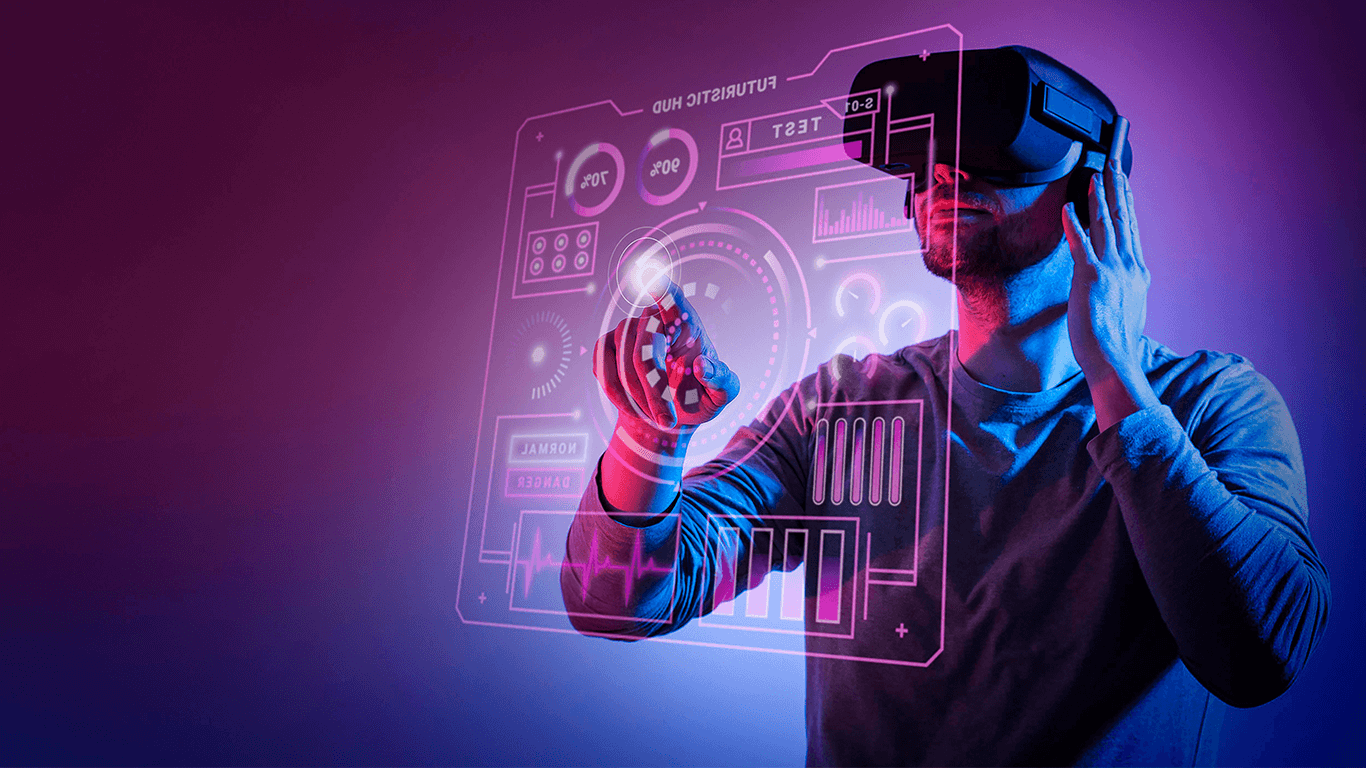By: Pawan Gupta
In the realm of technology, the concept of the metaverse has been gaining considerable traction in recent times. This digital universe, often described as a collective virtual shared space, has been the focus of numerous discussions within tech communities and beyond. As technology continues to advance, the metaverse is poised to redefine how we interact with digital environments, conduct business, and even socialize.
At its core, the metaverse is a convergence of various technologies, including virtual reality (VR), augmented reality (AR), blockchain, artificial intelligence (AI), and more. It is an immersive digital world where individuals can explore, interact with others, and participate in various activities, much like in the physical world. However, the metaverse offers a level of customization, creativity, and interactivity that is unparalleled.
One of the most significant aspects of the metaverse is its potential to revolutionize how we work and collaborate. With the rise of remote work and digital communication tools, the metaverse could provide a more immersive and engaging alternative to traditional video conferencing and collaboration platforms. Imagine holding a virtual meeting in a digital office space, complete with interactive whiteboards, 3D models, and lifelike avatars. This could greatly enhance productivity and foster a stronger sense of connection among team members.
Furthermore, the metaverse has the potential to transform e-commerce and digital marketplaces. In a virtual environment, consumers could browse through digital storefronts, interact with products, and even try them out before making a purchase. This could create a more engaging and personalized shopping experience, leading to increased sales and customer satisfaction. Additionally, blockchain technology could be integrated into the metaverse to provide secure and transparent transactions, further enhancing trust and reliability.
In the realm of entertainment and gaming, the metaverse is already making waves. Virtual reality games and experiences are becoming increasingly popular, offering players a more immersive and interactive gaming experience. With the metaverse, gaming could evolve into a truly social experience, where players can explore vast digital worlds, interact with other players, and participate in various activities together.
However, as with any emerging technology, the metaverse also presents challenges and potential risks. Privacy and security concerns are paramount, as users will be sharing large amounts of personal data within the metaverse. There are also concerns about the potential for addiction and escapism, as users may become immersed in the virtual world at the expense of real-world interactions.
In conclusion, the metaverse represents a significant paradigm shift in how we interact with digital environments. Its potential to revolutionize various aspects of our lives, from work and commerce to entertainment and socialization, is immense. However, it is essential to approach the development of the metaverse with caution and foresight, taking into account the potential risks and challenges. With careful planning and responsible implementation, the metaverse could truly become the next frontier of digital reality.
